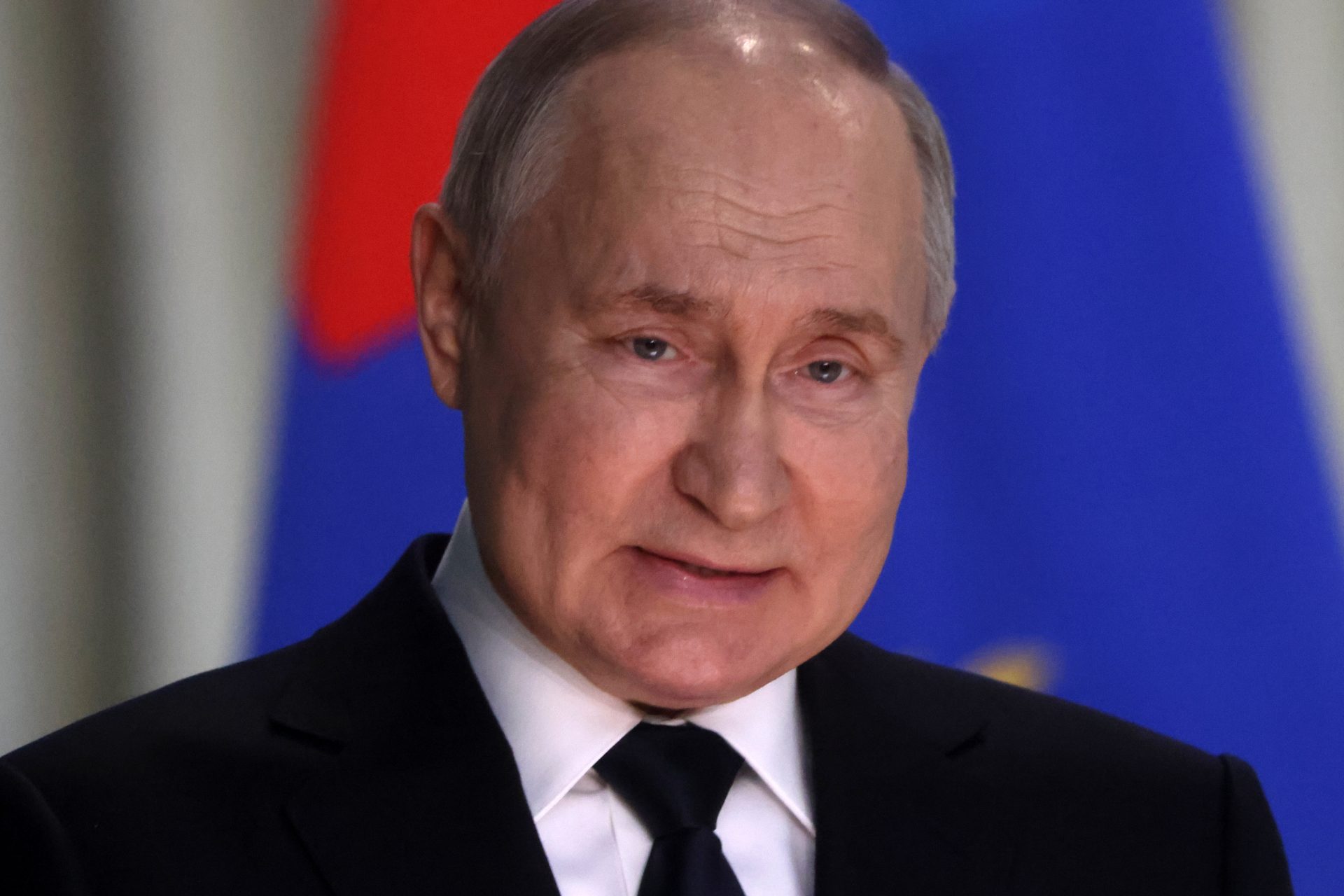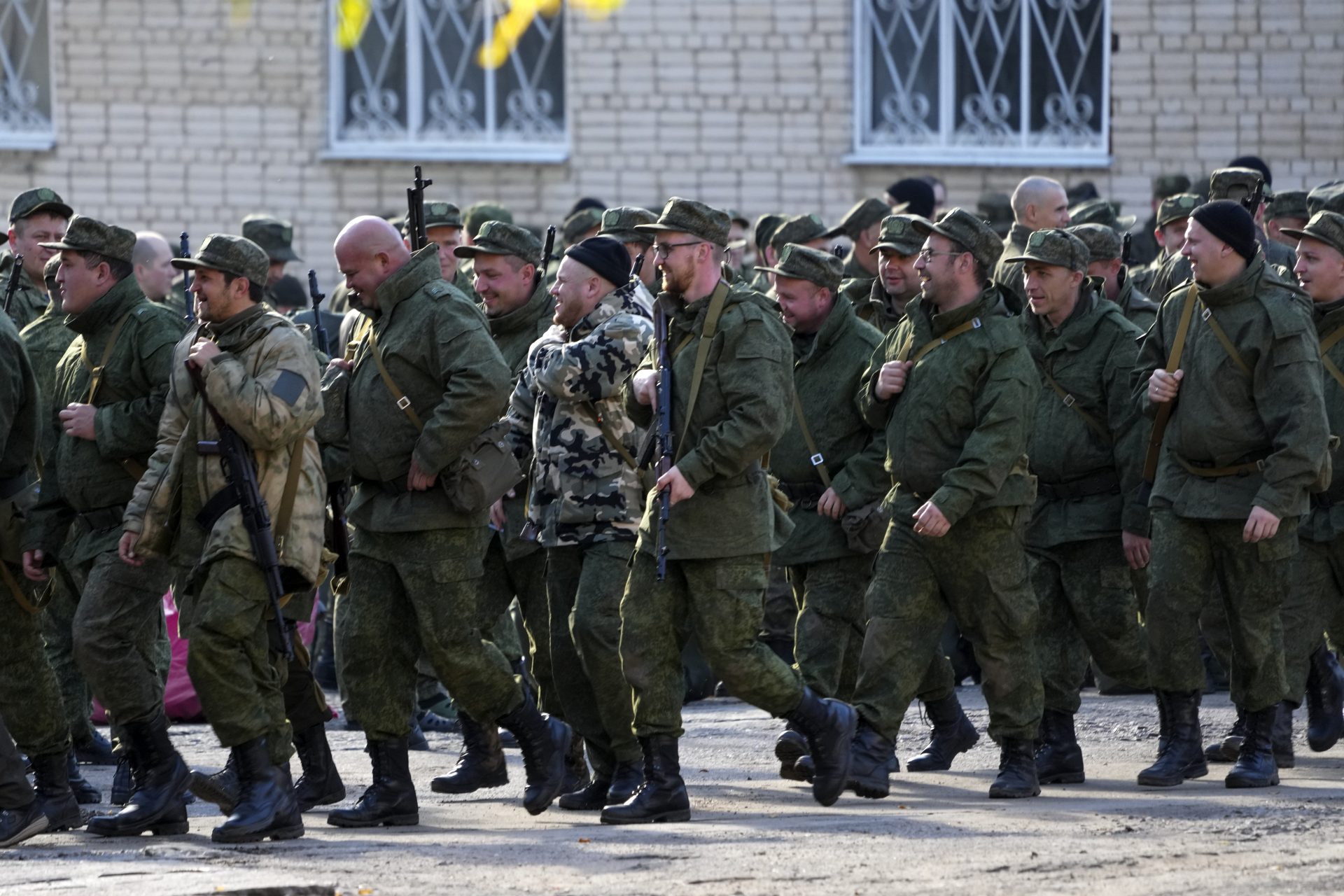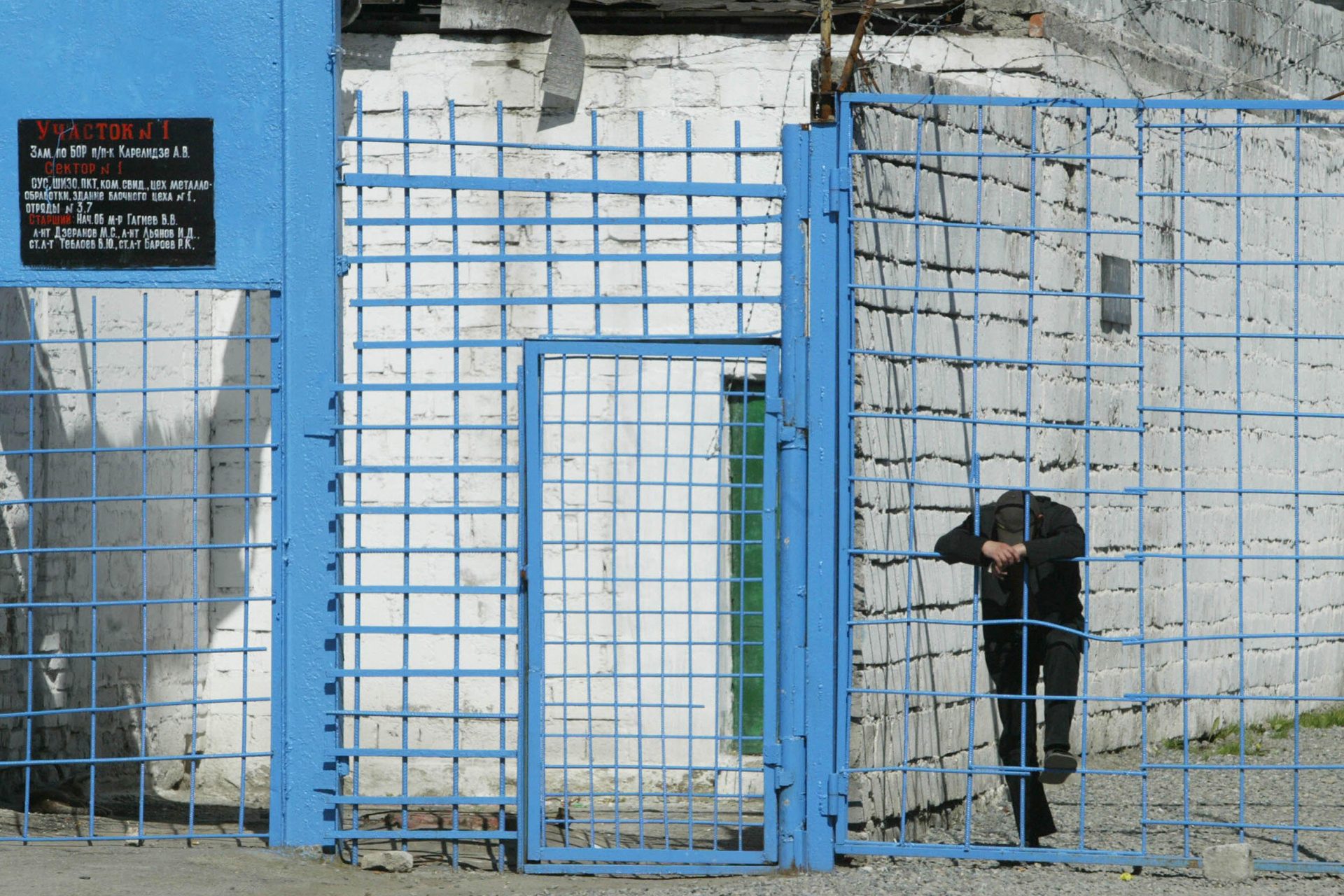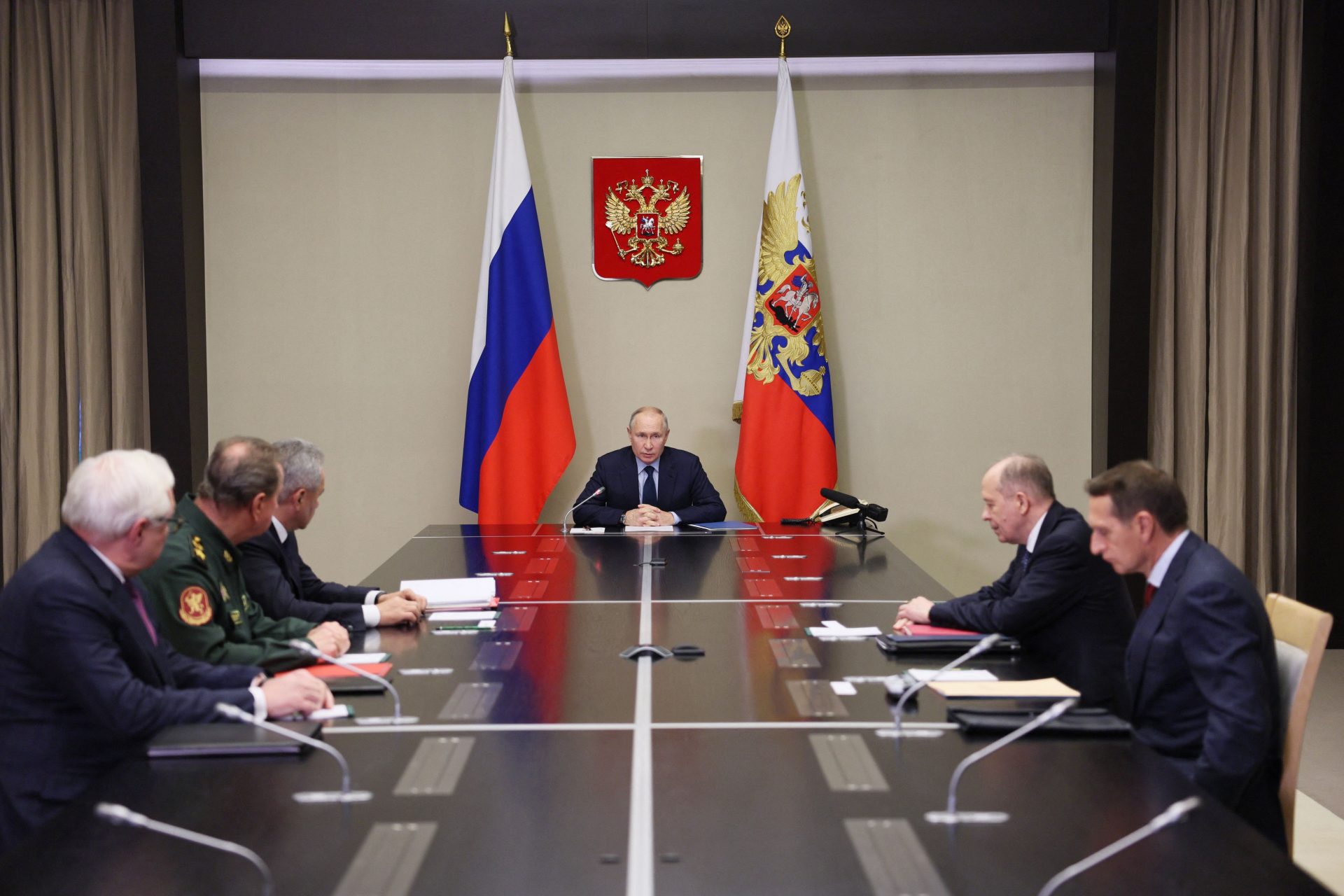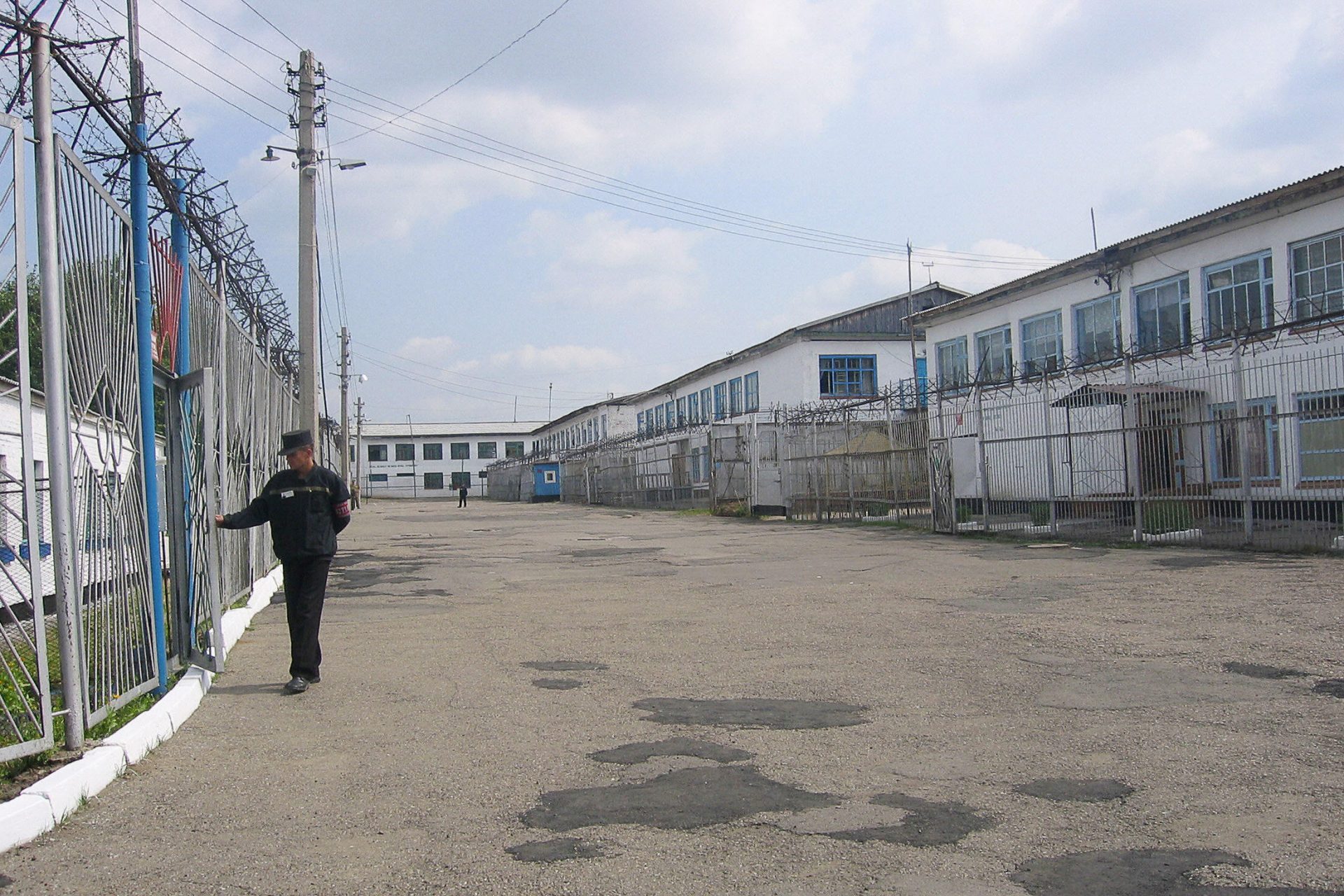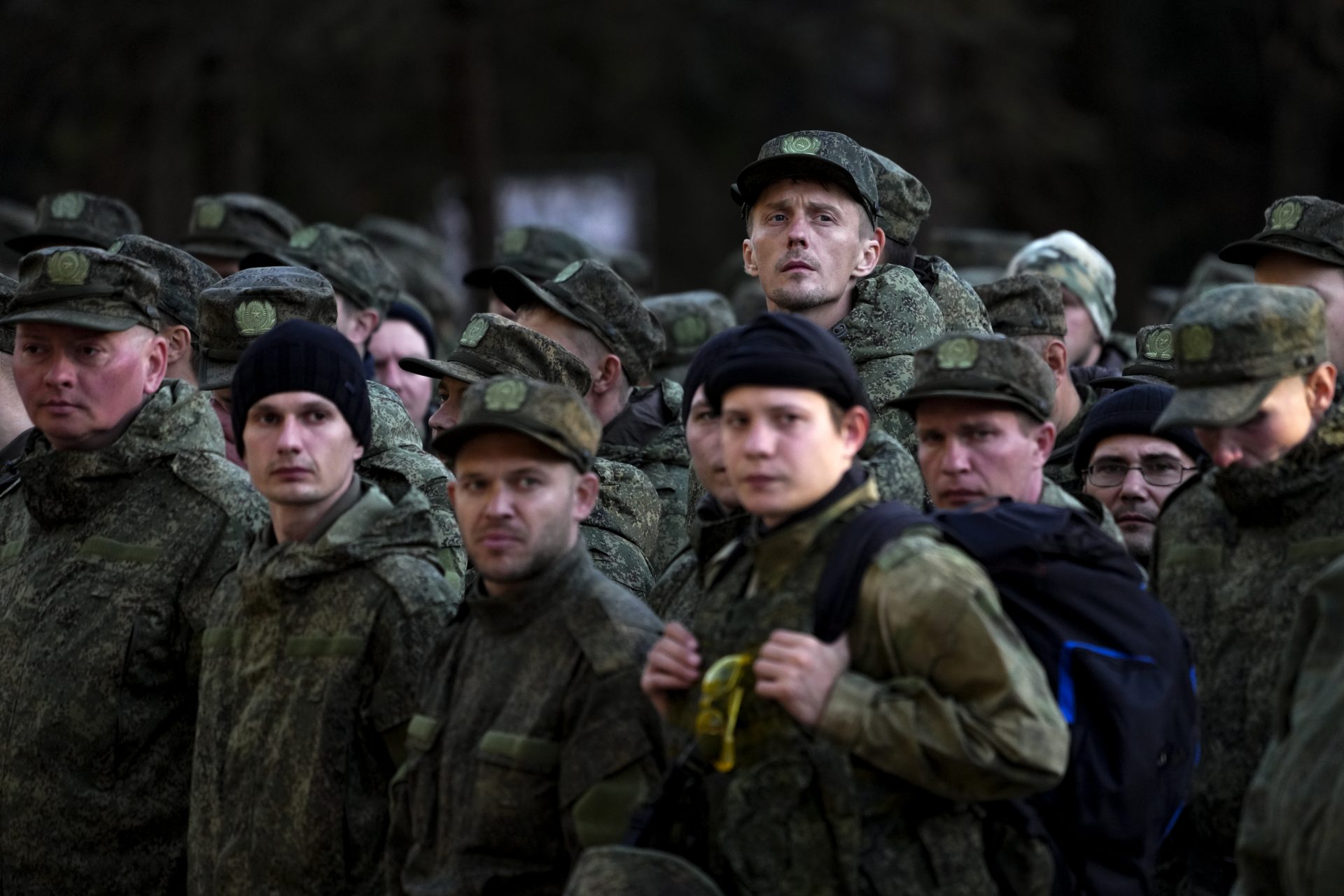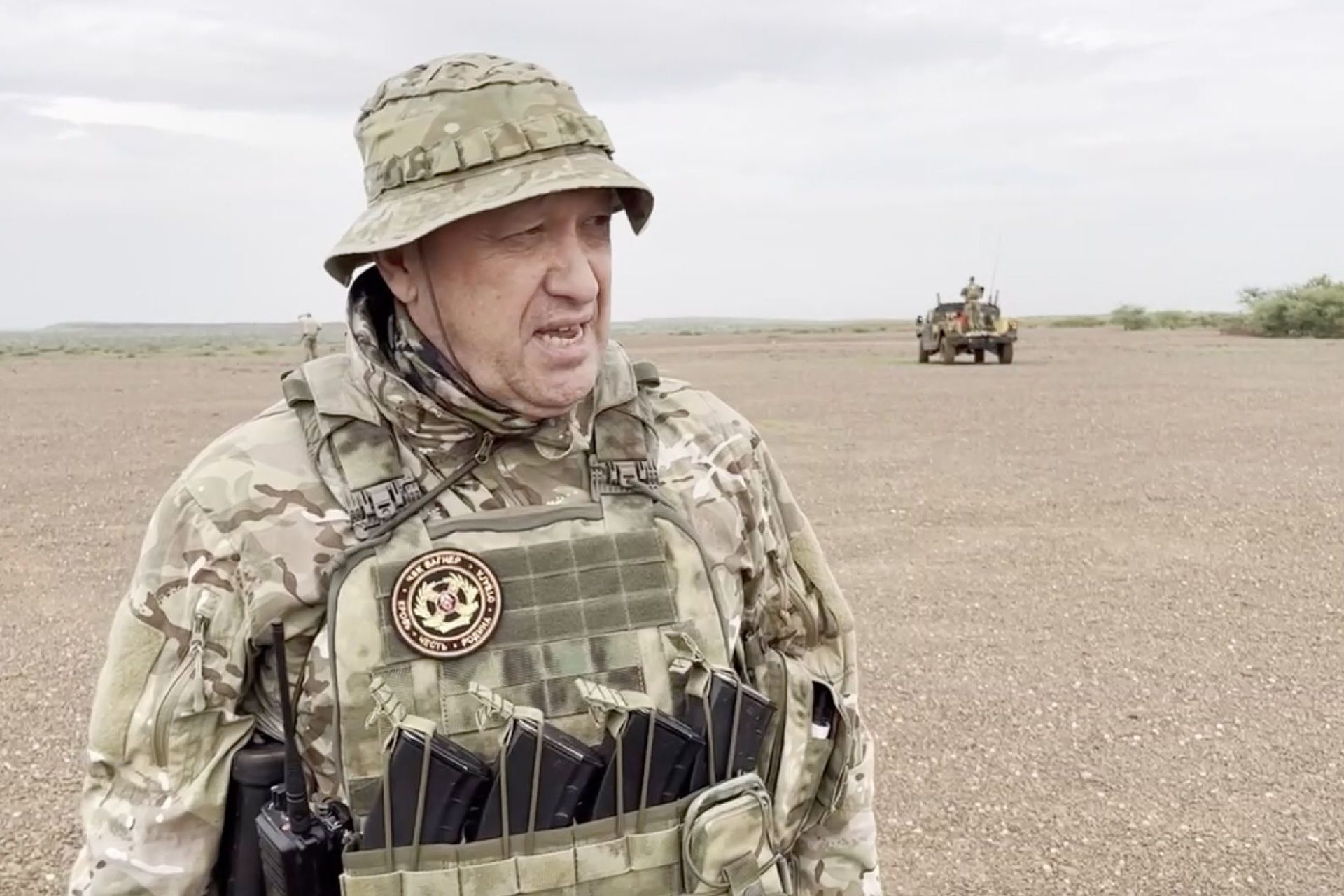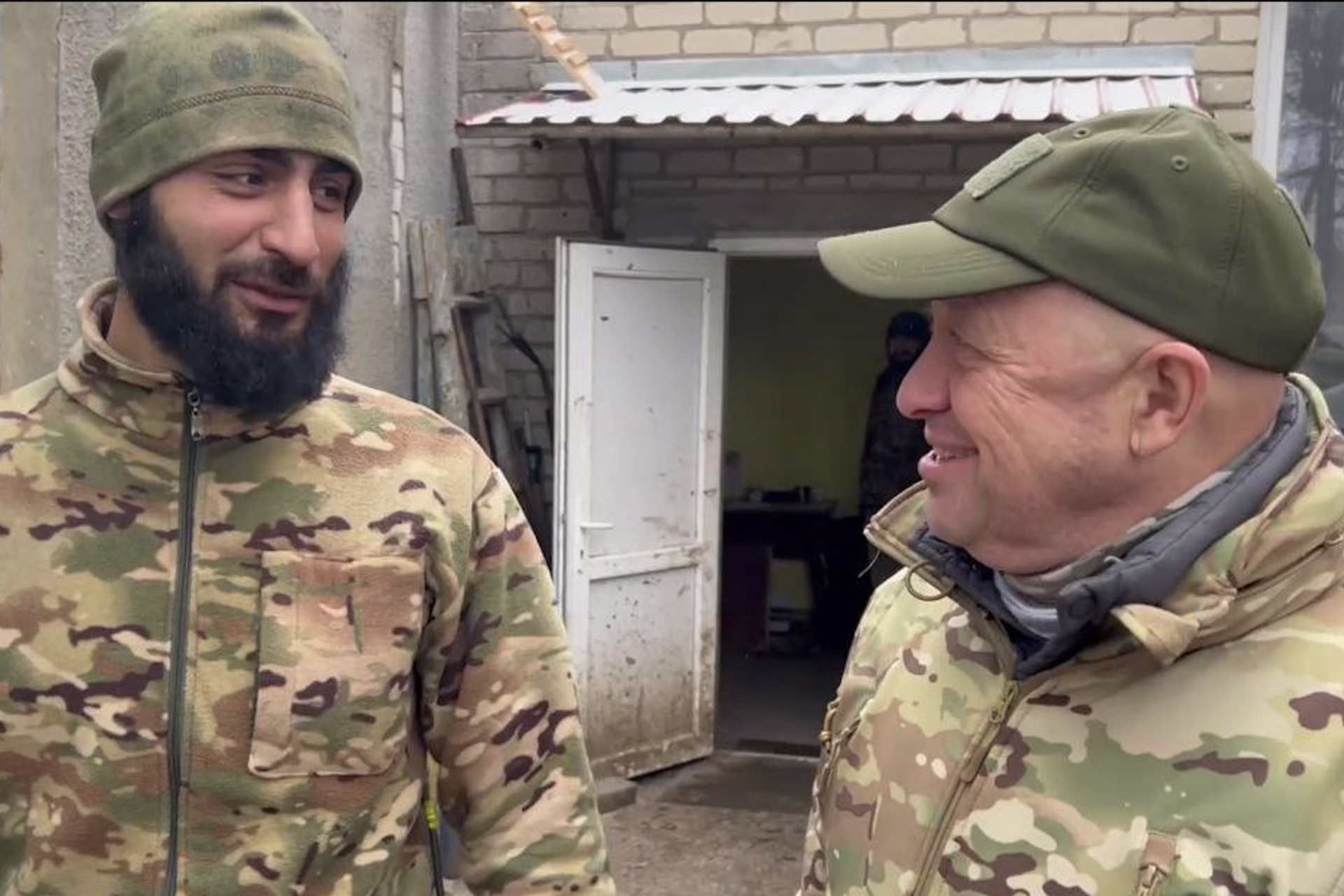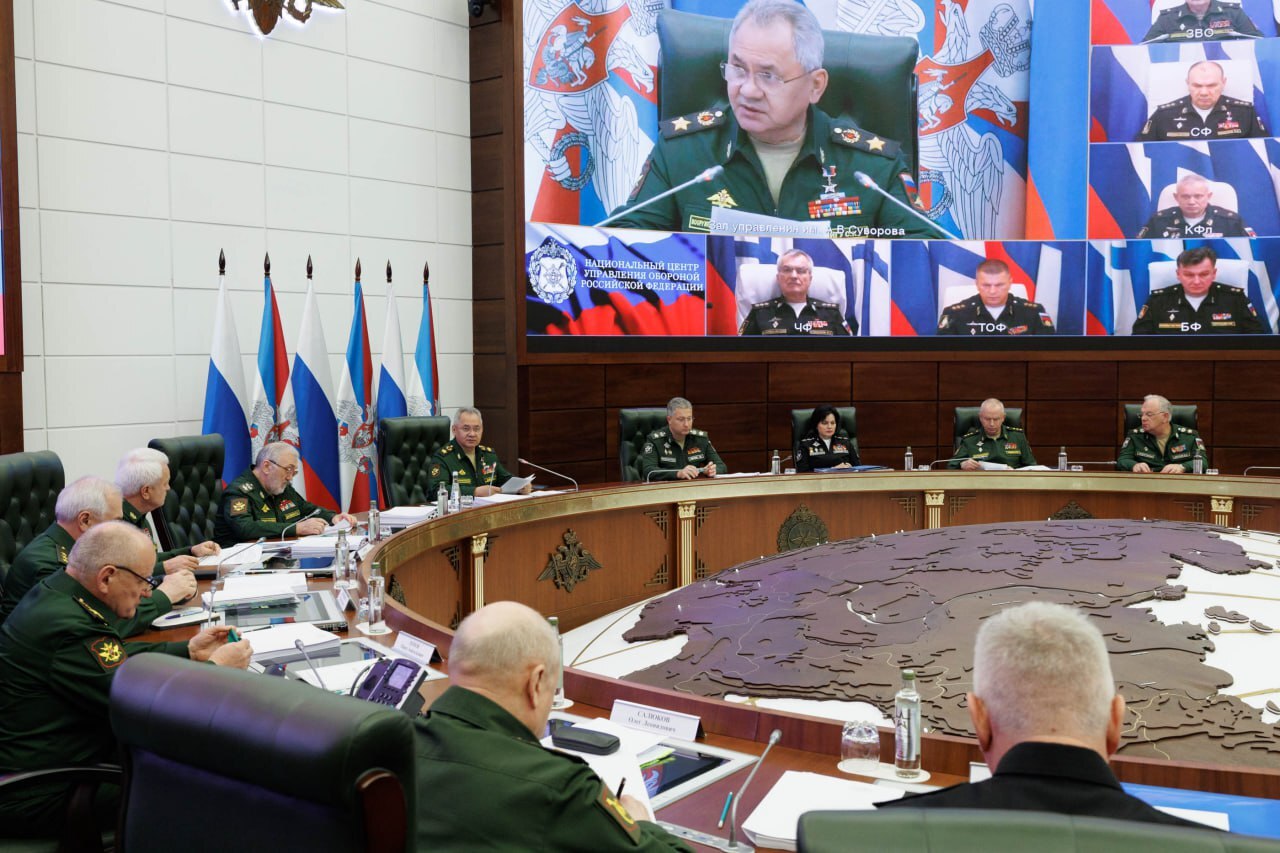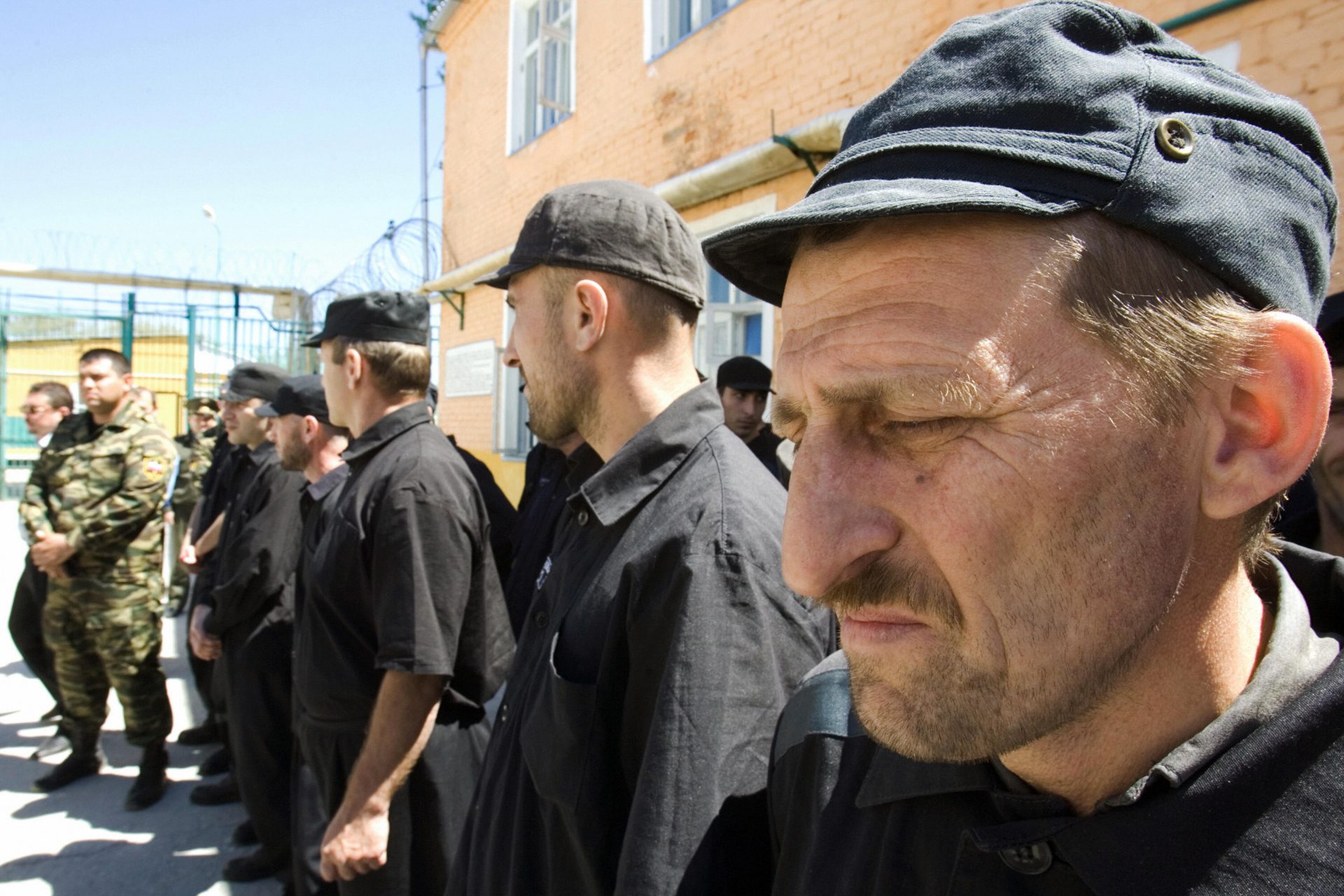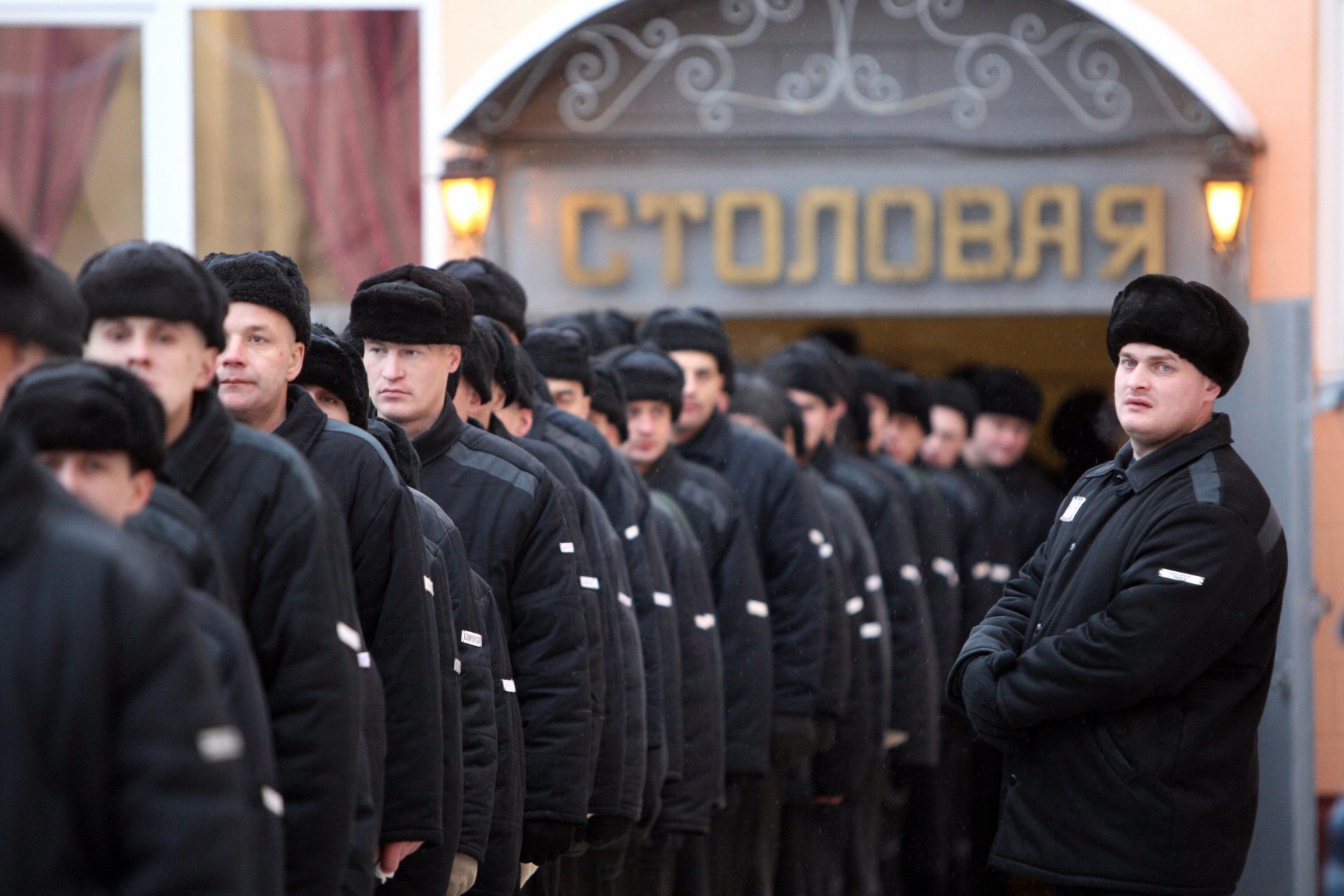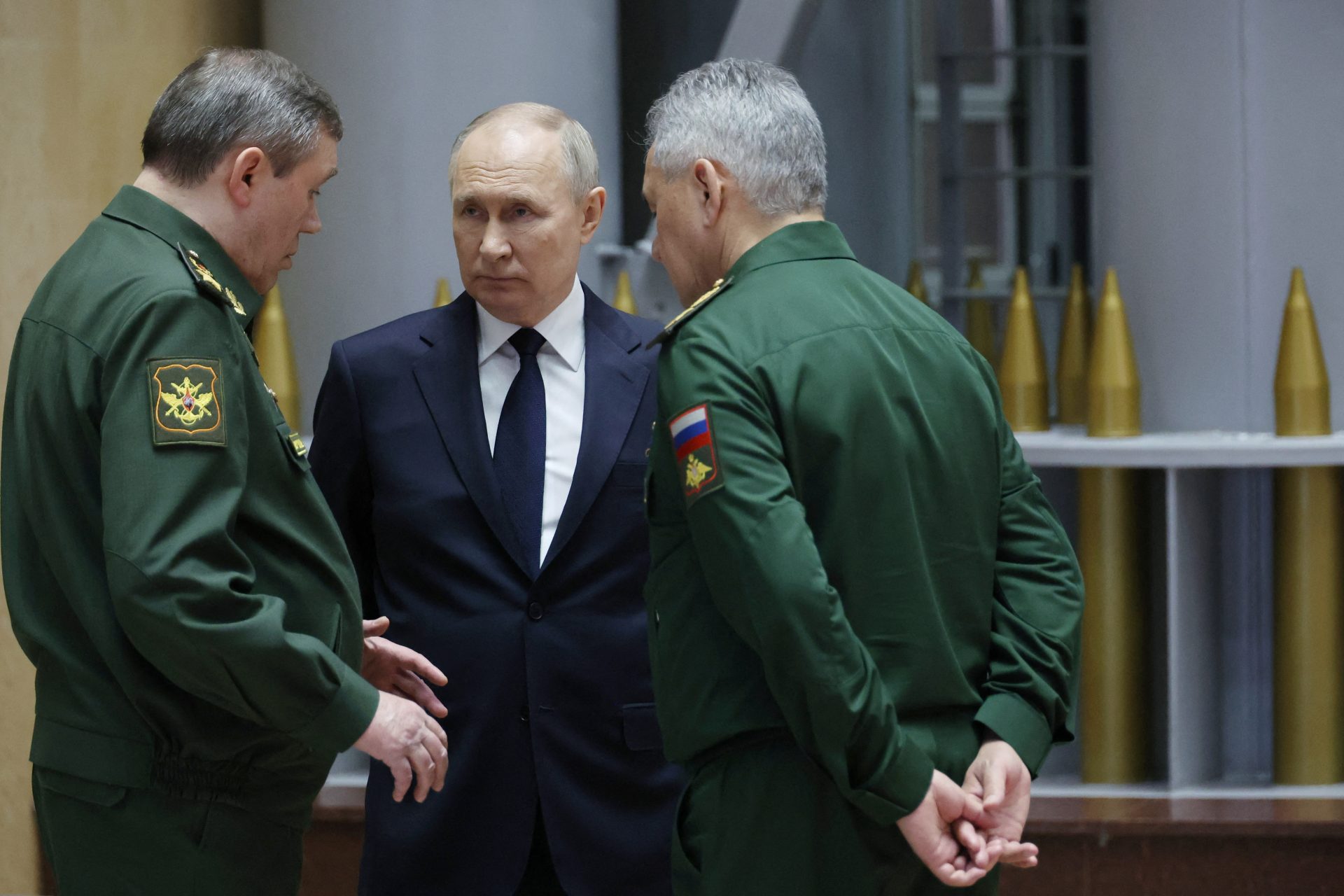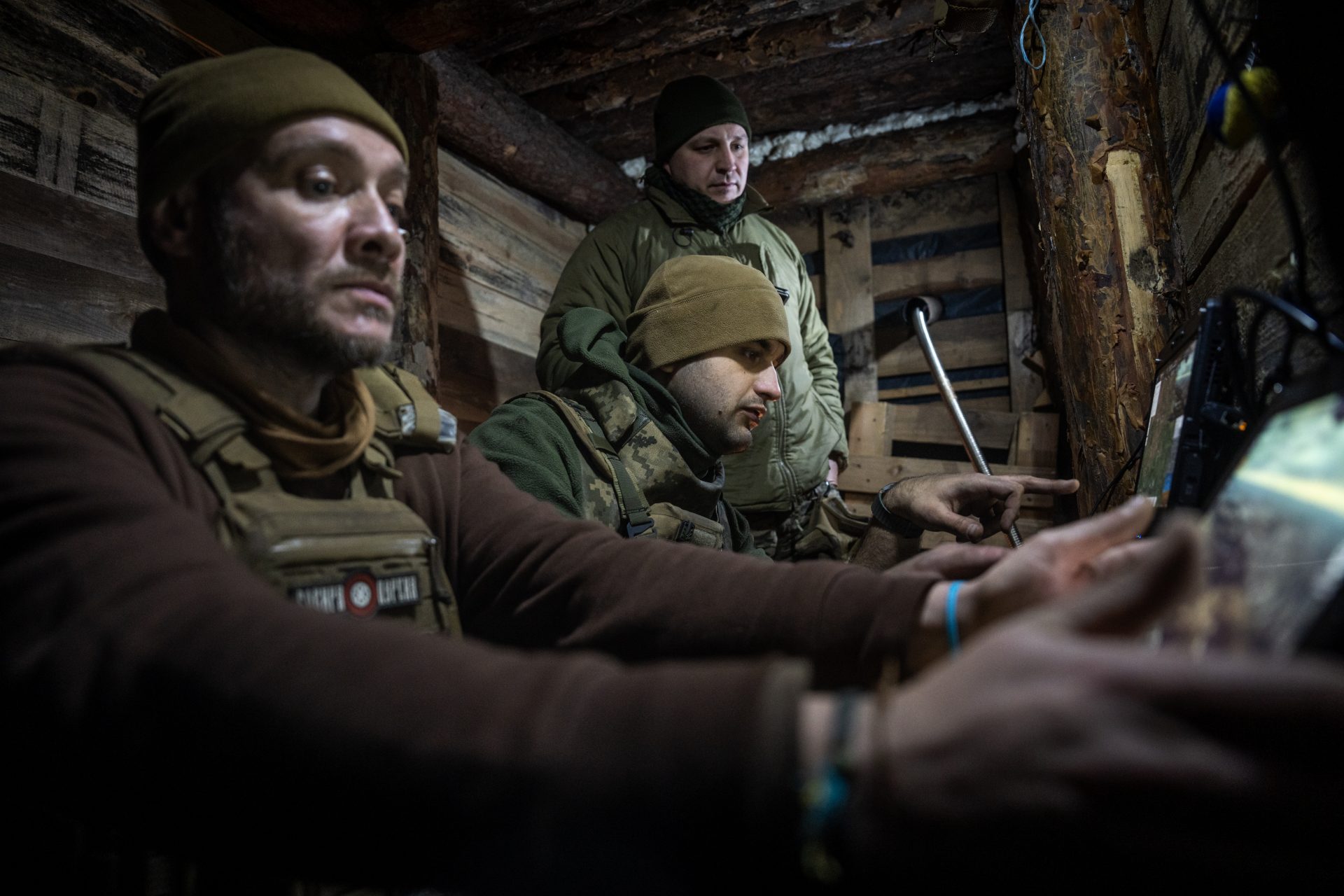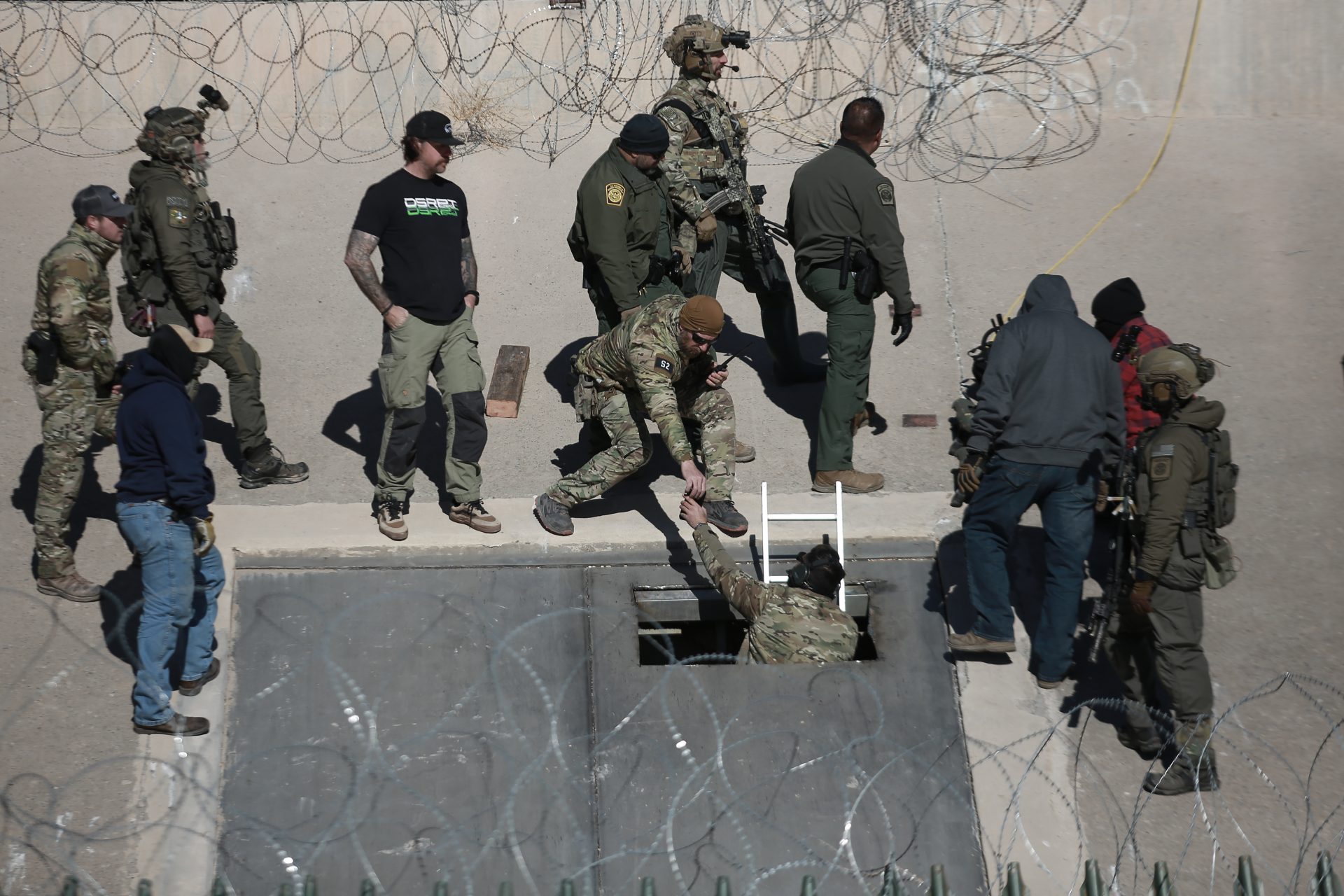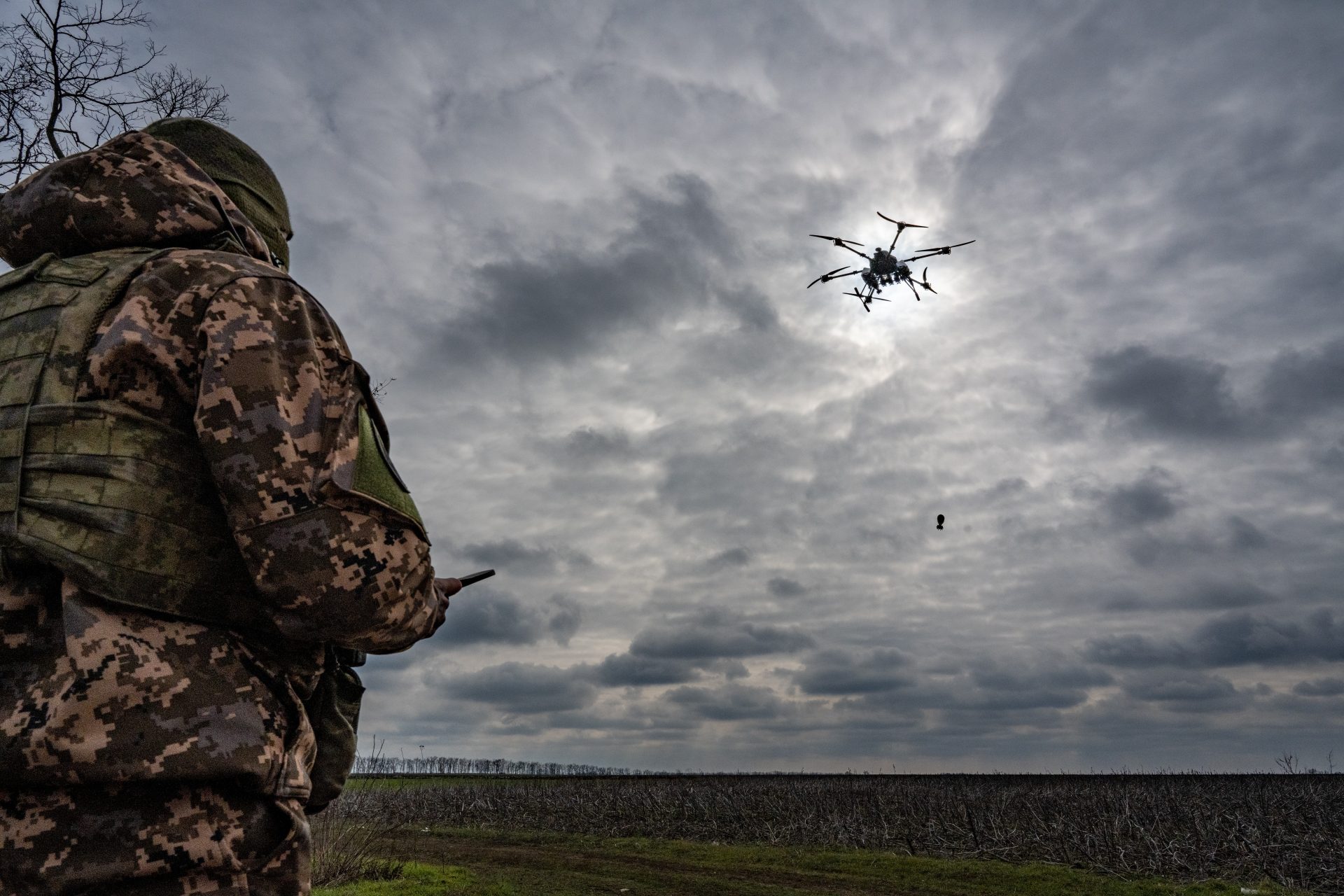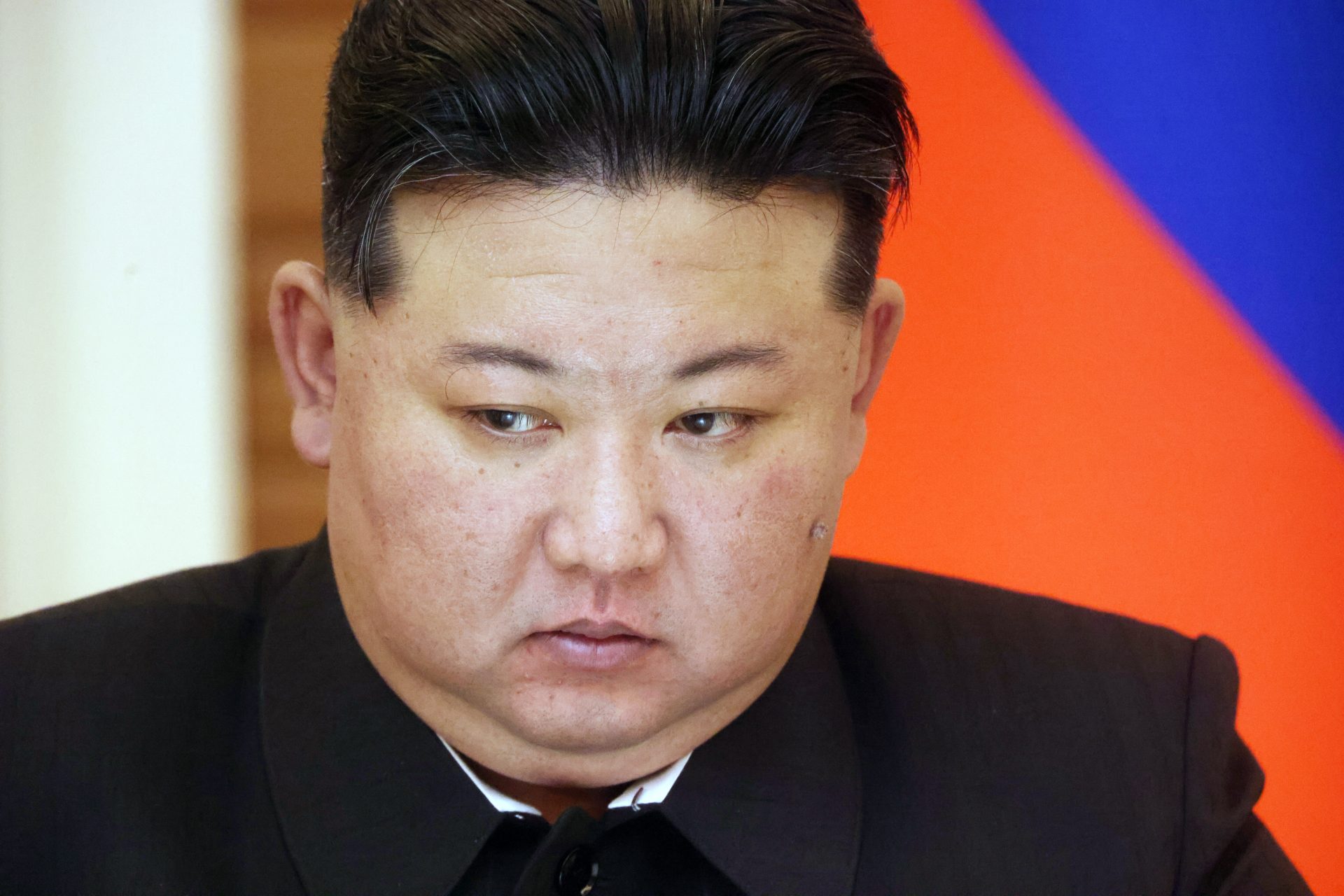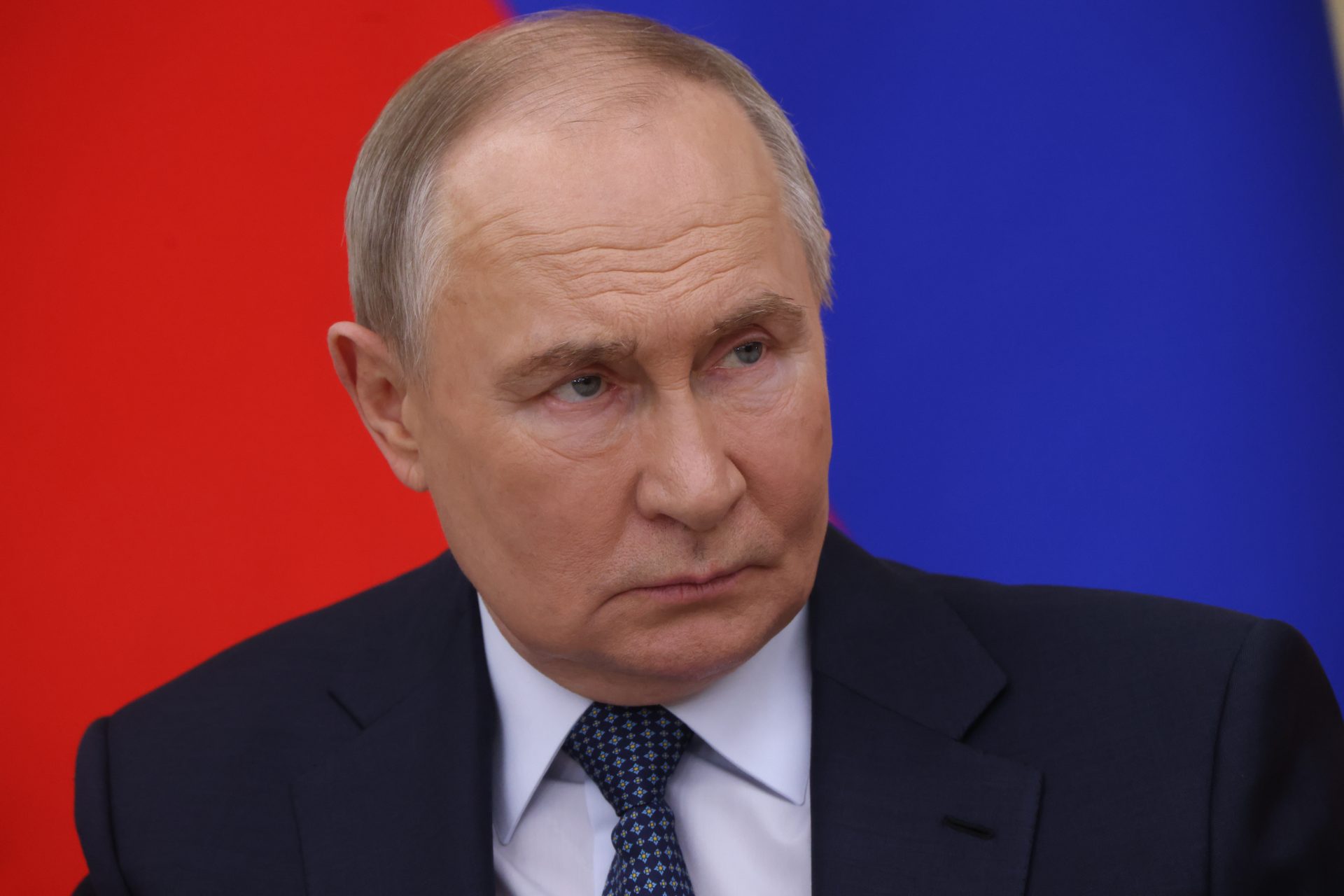Russia is closing prisons because of all the convicts it recruited to fight in Ukraine
In the summer of 2022, the Russian Private Military Company the Wagner Group made international headlines when news reached the public about its recruitment of convicts to fight for the group in Ukraine. This was a decision that has now led to the closures of some prisons in Russia.
In March 2024, reports began to circulate that Russia had recruited so many prisoners to become soldiers for its war in Ukraine that it needed to close some of its prisons according to comments made by one official in the Krasnodar region that were reported on by Russian media.
The Kommersant reported that Krasnodar region human rights commissioner Mark Denisov explained to legislators in mid-March that several prisons needed to be shut down as a result of all the prisoners recruited to fight the war in Ukraine.
“I note one alarming trend: a one-time large reduction in the number of convicts in the conditions of the special military operation prompted someone to report to the top about the need to close penitentiary institutions,” Denisov said.
Denisov added that the reason for the prison closures was to “optimize and save money” according to a translation of this comment from The Daily Beast, and he went on to say that at least two prisons would close in Krasnodar.
“The size of the ‘prison population’ has decreased significantly,” an ombudsman report on the coming prison closures in the Krasnodar region also translated by The Daily Beast explained. It added that the prisoner population in 2024 had decreased by 17.5% since the beginning of 2023.
Russia has long relied on recruiting prisoners to fight in Ukraine, as previously noted. Business Insider reported that the Russian military’s reliance on prisoner soldiers has allowed it to plug manpower gaps and plunged the country’s prisoner population as a result.
Russian recruiting of prisoners began gaining international attention in September 2022 when the leader of the Wagner Group Yevgeny Prigozhin was filmed addressing a large group of prisoners about joining the war to get their sentences commuted.
"If you serve six months (in Wagner), you are free," Prigozhin said, BBC News reported. But he also warned the prisoners that desertion would get them killed, saying that if they arrived “in Ukraine and decided it's not for you, we will execute you".
Photo Credit: Telegram @concordgroup_official
Reuters reported that as many as 40,000 prisoners were serving with the Wagner Group on the frontlines of the war in 2022 according to remarks made by White House National Security Advisor John Kirby in December 2022.
The Russian Defense Ministry took a page out of the Wagner Group’s playbook at the beginning of 2023 when it also began recruiting soldiers for the war in Ukraine directly from the country’s prison population.
A war update from the British Ministry of Defence revealed in May 2023 that Russia had likely ramped up to recruiting 10,000 prisoner soldiers in April 2023 alone. However, the total number of prisoners was likely much higher.
In October 2023, Russian Deptury Justice Minister Vsevolod Vukolov revealed that the country’s prison population was roughly 420,000 before February 2022 but had shrunk down to a historic low of 266,000 while speaking at a panel discussion.
“If 10 years ago our contingent in prisons reached almost 700,000 people, now we have about 266,000 people in correctional colonies,” Vukolov explained according to a report from The Washington Post. It was a figure that surprised some.
“This is a shocking number,” said Olga Romanova, the director of the human rights organization Russia Behind Bars. “There were 420,000 prisoners at the beginning of the war, and we know that Prigozhin took about 50,000.”
Photo Credit: Wiki Commons By A.Savin - Own work, FAL
Romanova also said that an influx of newly incarcerated Russians would normally keep the number of people in prison at a figure that was roughly close to 400,000 individuals. However, the dwindling numbers showed that Russian prisons were heavily recruited.
“This means that the Defense Ministry has likely recruited around 100,000 people for the war there,” Romanova said, adding there was a feeling the Defense Ministry was “exceeding Wagner’s rate, but not by much. Now, it turns out that they far exceed it.”
More for you
Top Stories




